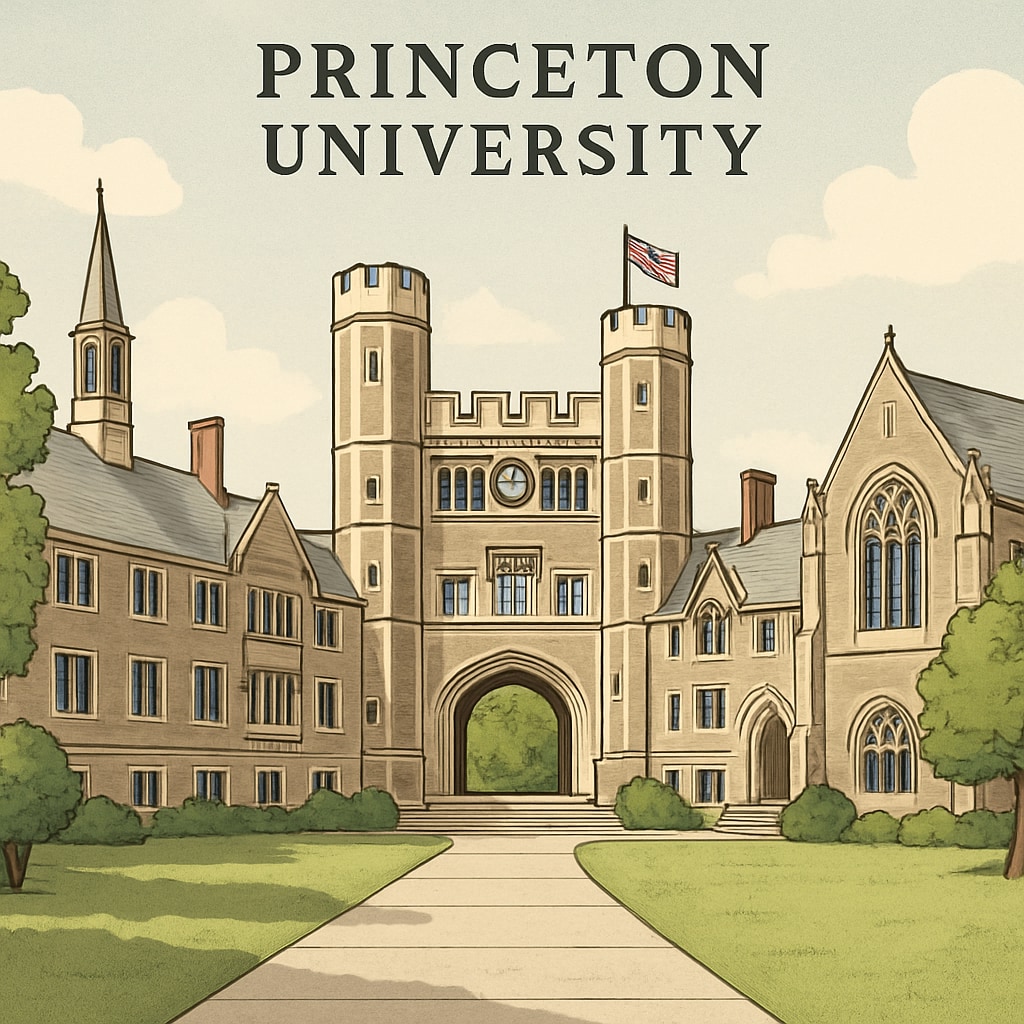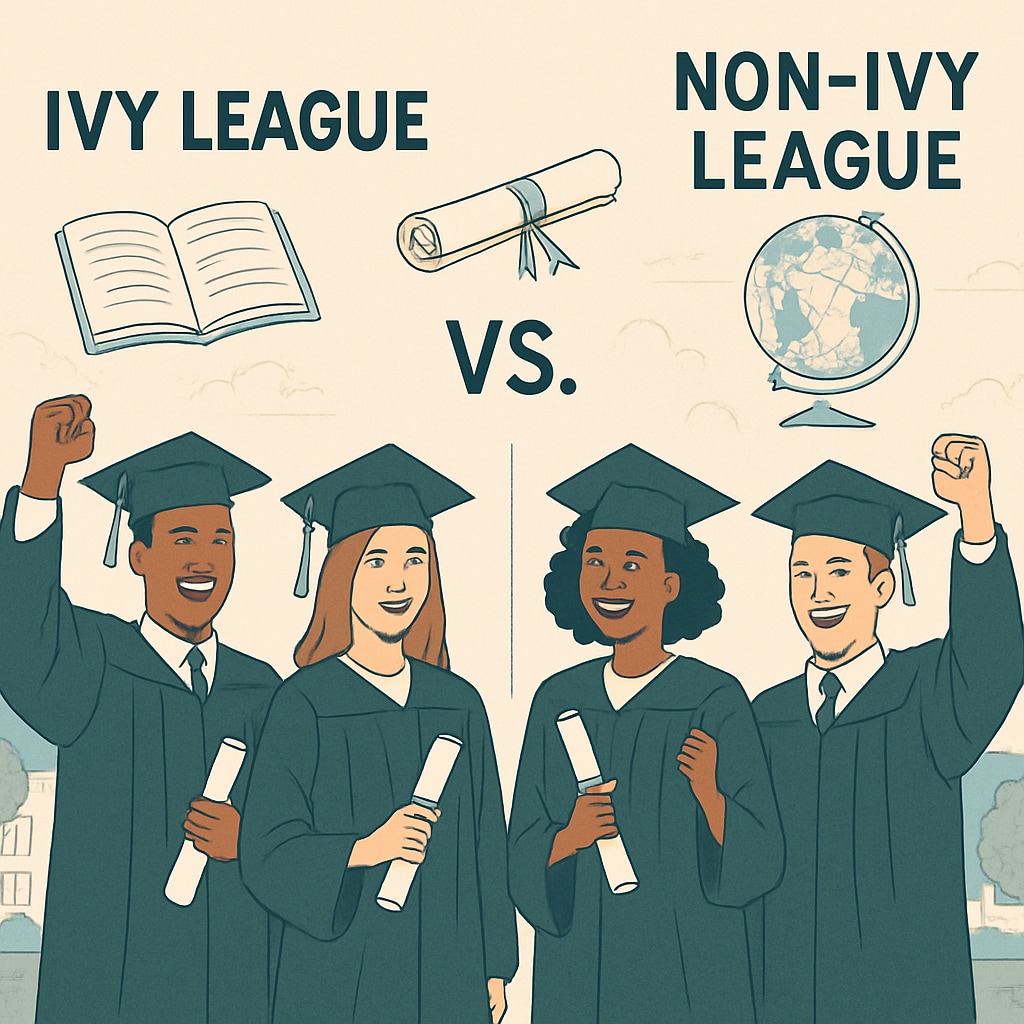The prestige of Princeton and other Ivy League schools is often unmatched, but are we overestimating their educational value? These institutions represent the pinnacle of higher education in the United States, but a growing body of evidence suggests their reputation may overshadow the actual benefits they provide. This article delves into the allure of Ivy League schools and questions whether their educational offerings justify the hype.
The Ivy League Mystique: What Makes Princeton and Its Peers Stand Out?
Ivy League schools, including Princeton, have long been associated with academic excellence, impressive alumni networks, and world-class facilities. Their exclusivity makes them highly desirable for students and parents alike. For many, gaining admission feels like a golden ticket to success. However, much of this perception stems from historical prestige and branding rather than measurable outcomes.
For example, Princeton consistently ranks among the top universities globally, with its rigorous academic programs and notable faculty. Yet, critics argue that such rankings often emphasize factors like endowment size and selectivity rather than the actual quality of education or student satisfaction. This raises an important question: Is the Ivy League mystique more about perception than reality?

Do Ivy League Schools Guarantee Better Career Outcomes?
One of the primary reasons students aspire to attend Ivy League schools is the belief that these institutions guarantee better career prospects. While it’s true that graduates of Princeton and its peers often earn higher salaries, this advantage may not stem solely from the education they receive. Instead, it could be attributed to the networks and social capital gained during their time there.
A study by economists Alan Krueger and Stacy Dale revealed that the earnings gap between Ivy League graduates and those from less selective schools diminishes when accounting for comparable student capabilities. This suggests that the success of Ivy League alumni is often tied to pre-existing traits like ambition and resourcefulness rather than the schools’ influence.
Moreover, the high cost of attending these elite institutions raises concerns about their return on investment. With tuition fees exceeding $50,000 annually, students and families must weigh whether the potential benefits truly outweigh the financial burden.

The Hidden Costs of Prestige: Mental and Financial Burdens
Beyond financial considerations, attending an Ivy League school can come with significant mental and emotional pressures. The intense competition, rigorous coursework, and high expectations often lead to stress and burnout among students. While these institutions provide unparalleled resources, they may not always offer the supportive environment needed for personal growth.
Additionally, the emphasis on exclusivity can perpetuate socioeconomic disparities. Students from affluent backgrounds are disproportionately represented in Ivy League schools, often due to advantages like access to private tutoring and legacy admissions. This raises ethical questions about whether these institutions truly foster diversity and equal opportunity.
Reassessing the Value of Education: Alternatives to the Ivy League
While Ivy League schools like Princeton undeniably offer unique opportunities, they are not the sole path to success. Many public universities and liberal arts colleges provide excellent education at a fraction of the cost. Institutions like the University of California system and Williams College demonstrate that high-quality education is not limited to elite universities.
Furthermore, the rise of online learning platforms and vocational training programs has diversified the educational landscape. These alternatives challenge the traditional notion of prestige and highlight the importance of skills and experiences over brand names.
As a result, prospective students should carefully evaluate their options and consider what aligns best with their goals and values. Prestige alone should not dictate educational choices.
Readability guidance: This article uses concise paragraphs, active voice, and transitional words to enhance readability. It includes external references to credible sources and encourages critical thinking about the perceived value of elite universities.


